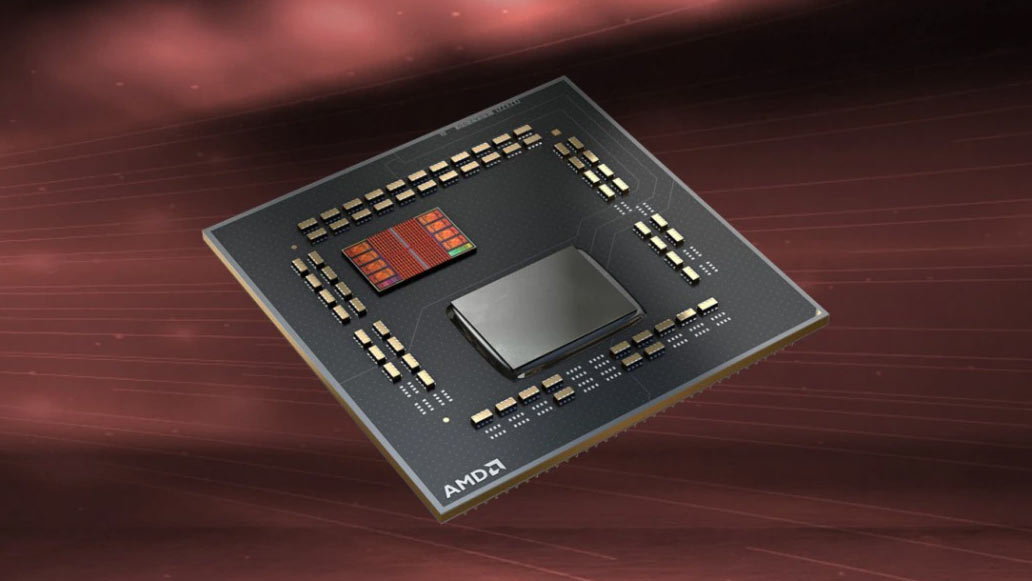
Samsung Foundry has landed an order from AMD to produce processors based on its Zen 5c microarchitecture using its 4nm-class process technology, reports DigiTimes, citing a report from South Korea-based Chosun Biz. If the information is accurate, the deal represents a major pivot in AMD's manufacturing strategy, as it means that it will split production of upcoming CPUs between TSMC and Samsung Foundry.
The report from DigiTimes claims that AMD is set to produce Zen 5c-based 'Prometheus' at two contract semiconductor chipmakers: Samsung Foundry and TSMC. The former is reportedly projected to make 'basic' versions of Prometheus on one of its 4nm-class process technologies, whereas the latter is expected to manufacture 'more advanced' versions of Prometheus on a 3nm-class production node.
Typically, AMD and other companies assign different codenames for products that use different process technologies and/or architecture configurations, so take the information about Prometheus being made on both 3nm and 4nm-class nodes with a huge grain of salt.
If we assume that there is no smoke without fire and AMD will produce something at Samsung Foundry (e.g., I/O dies), this means that AMD is going away from its usual tactics of only working with TSMC on advanced nodes. This move can be seen as an effort by AMD to reduce the risks associated with relying on a single supplier.
If the collaboration happens, it will certainly diversify AMD's chip production and will clearly strengthen Samsung Foundry's position in the advanced chipmaking business, as currently only TSMC produces advanced CPUs for AMD and Intel.
Samsung's role in producing these chips is a big deal for the company. Although it is still unclear whether Samsung Foundry has indeed landed a major order from AMD, there is already chatter in the industry that this partnership could lead to more opportunities for Samsung. If Samsung Foundry does well with Zen 5c-based chips, AMD might consider using Samsung's 3nm-class technologies for future products.







